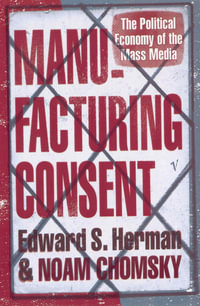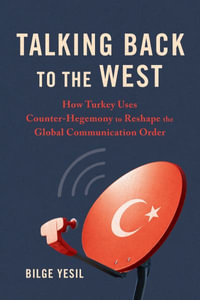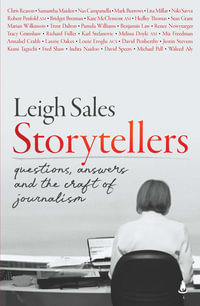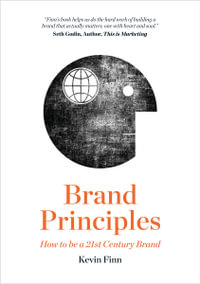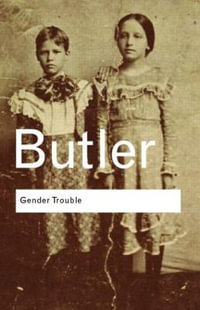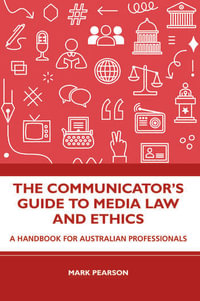Shortlisted for MeCCSA Monograph of the Year 2023
Judges' comments:
'This is a fascinating study of the perceived risks and associated concepts such as moral panic within South Africa and their media representations and is vigorous and timely as it speaks to the 'risk' society which has hitherto focused on the Global North. Fear and anxiety are explored through a discussion of four different mediatized 'stories' and through the author's own clearly acknowledged white woman's lens, all of which build a picture of a still highly racialised and unequal South Africa, where fear is differently focused and experienced depending on your position in the racial hierarchy as well as your class position. The case studies not only narrate different stories and different subjectivities but also grapple with the less familiar themes of magic and the occult. The book thus provides some original thinking through of how these different aspects of fear, anxiety and emotion play out in the modern South African imaginary. The work is scholarly and draws on both primary and secondary sources in the presentation of the different case studies.'
'This stunning book resonates with climates of fear far beyond South Africa in how it magnifies the tensions and intimacies between embodied experience and the lingering history and threat of violence. This is a powerful and difficult book to write, and to write this well.'
Samantha Pinto, author of Infamous Bodies: Early Black Women's Celebrity and the Afterlives of Rights
'Original and refreshing, Falkof's book is a must read for those of us interested in understanding contemporary formations of race and power in the global South and the role of the media in framing these debates. This study is critically needed in this moment of increasing worldwide white nationalism.'
Xavier Livermon, author of Kwaito Bodies: Remastering Space and Subjectivity in Post-Apartheid South Africa
'As Falkof shows in this compelling and important book, cultures of fear and anxiety emerge from deep socio-economic inequalities that continue to characterize South Africa today, on intersecting bases of race, class, gender and citizenship.'
Belinda Dodson, Africa, Volume 93, Issue 2 (May 2023)
'Nicky Falkof has critically examined issues of race, gender, and identity vis-a-vis the affectual reactions of the media and individuals to the above-mentioned cases. These essays on white genocide, Satanist murders, township urban legends of 'plasma gangs', and suburban community groups are a brilliant representation of how the fear and feelings of anxiety and moral panic of the privileged cannot be equated to that of the powerless as it leads to severely reductionist and often false narratives by institutions such as the mass media.'
Sudatta Ghosh, South Asian University (SAU), Doing Sociology



